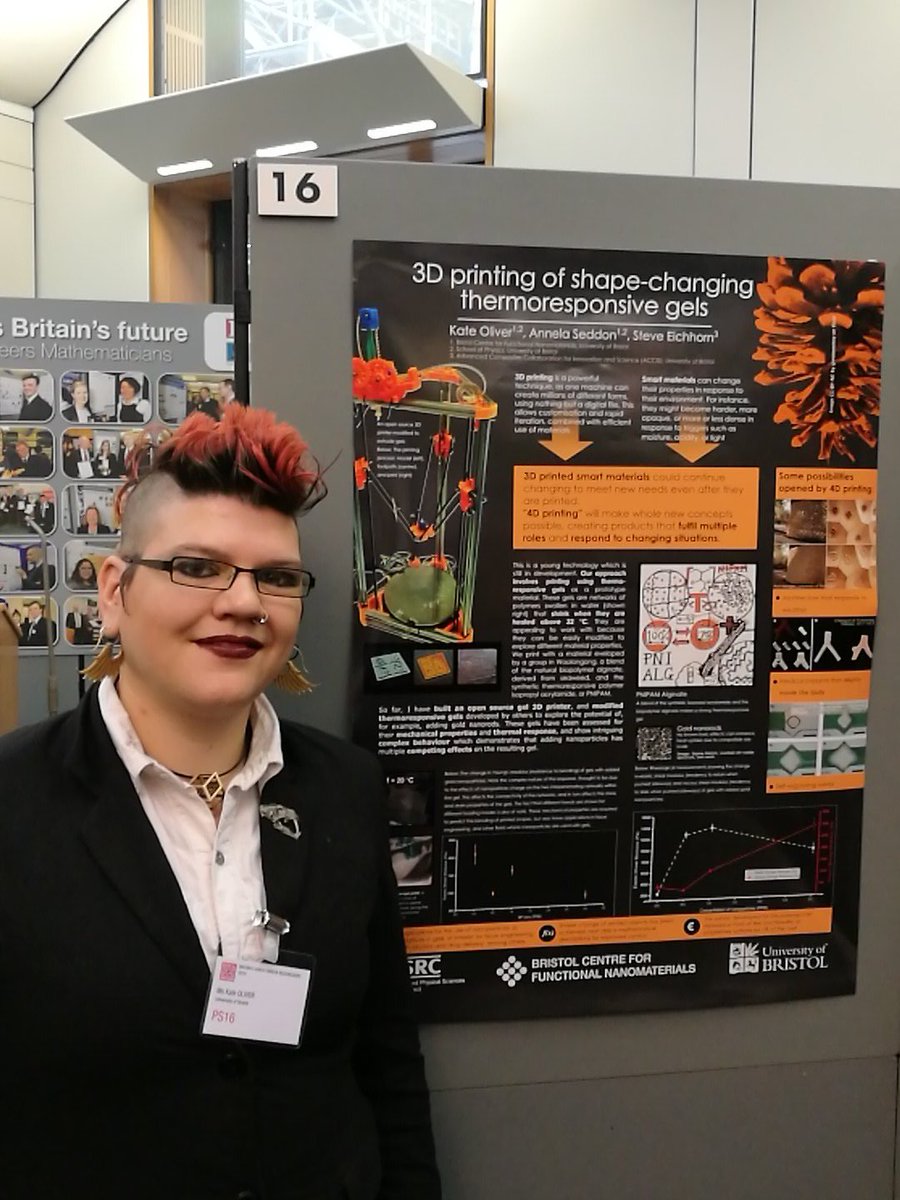
On the 12th of March I went to Parliament, for the second time in my life, this time accompanied by a rolled up piece of A1 paper. I was going to ‘the major event bringing early career researchers and parliamentarians together’, STEM for Britain*.
This poster session, now in its 21st year following its founding by Eric Wharton MP, invites around 50 exhibitors in each of Physics, Chemistry, Mathematics, Engineering and Biological sciences to explain their work to the employees of Parliament and a panel of expert judges. Five of us from Bristol had been selected to present — around a third of applications are successful — all in different categories, and we had been preparing our two-minute pitches for a few weeks, with the help of our supervisors, university support staff, and patient friends.
A particular challenge of this event is that it is judged by scientists — who selected the posters that made it to the event, and decided who would receive each of the three gongs available per subject — but targeted at MPs and policymakers. Therefore, we needed to show our technical chops, but put the applications and relevance or our work front and centre for people who have slightly wider horizons.
All the posters and presenters took a very different route to achieving this goal, and there was an amazing diversity of work and approaches on show. Sadly my poster didn’t pique the attention of the judges much, but I did manage to buttonhole Professor Dame Julia Higgins, President of the Institute of Physics, and chat to the MP for Glasgow North East, Paul Sweeney. We agreed that science had a great potential to improve human well-being, so now we just need to do that!
However, the University did well overall: Dr Celine Maistret, senior research associate in the School of Maths at Bristol, won the gold De Montfort medal for her work on the Birch and Swinnerton-Dyer conjecture. I shall have to get her to explain what that is to me at a time when she is not surrounded by enthusiastic fans.
I only got a small glimpse of the corridors of power due to the rather tight security, but it was still good to feel involved in a small section of the machine that runs the country. Government can feel very opaque and jargon-rich — perhaps almost as much as our specialist subjects — but we need to interact with it for our findings to have maximum impact. I reckon any opportunity to share what we know and cross barriers is worth taking. Plus, I’ve now got an extremely well-honed pitch that I can fire off at anyone.
*Formerly known as SET for Britain — science, engineering and technology — but maths have successfully lobbied for inclusion. Fair enough, you can hardly define a set without them.

